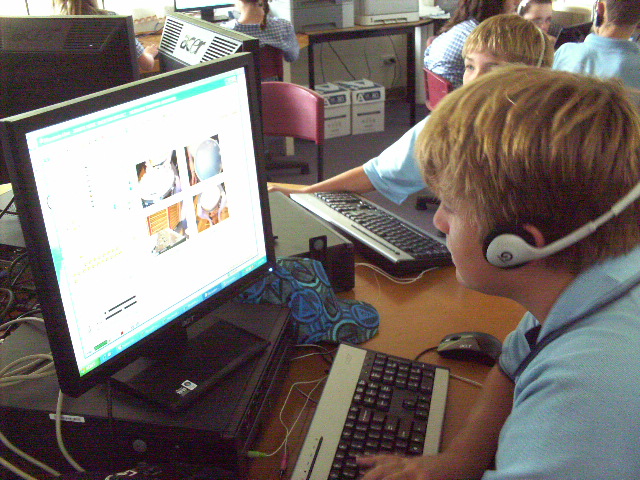Change is a constant factor in life. Technology is transforming our culture and there are so many benefits students can gain from it. Many scholars find maximum fulfillment when applying technology in the classroom and are more willing to develop their abilities to work with computers. These tasks are more appealing and have positively impacted the learning process. Nonetheless, there are a few negative effects of new technology on student’s studies. Let’s take a look at both sides.
The good side
Due to the innovations appearing every year, the study habits and learning capabilities of students are increasing drastically. Here are the positive impacts of educational technology.
- Quick access to information and data sharing
It is easier for scholars to get information quickly by typing in keywords rather than sifting through countless reference in encyclopedias or books. Today, educational apps make numerical calculations easier while creating charts and graphs is a matter of seconds. Moreover, information can be shared between professors and learners in a more efficient manner. For example, most universities have established online portals where students download files they need to submit and send their completed assignments via emails. As such, the role of teachers become broader – they not only use traditional teaching methods but also guide their students in independent studies by offering directions and suggesting more information sources. Since the learners prefer typing notes on their laptops rather than writing down on paper, completion of assignments has become faster and more convenient.
Because most assignments are being submitted online, paying someone to write an essay has become one of the most effective ways to boost student’s academic grades. Those who choose this path never go wrong.
- Personalized learning
New inventions give educators opportunities to further make their teaching more original, letting students work at their preferred pace. For instance, an app for Math skills in middle school allows students to improve learning gradually, depending on their mental capabilities. They don’t have to attend long lessons to grasp difficult concepts. In another case, college students who are conducting research have resourceful information sources at their disposal making it simpler, thanks to the internet. Tutors can modulate requirements depending on the abilities of their students thereby providing individualized attention. Moreover, teachers have access to various tools they can use to track the improvement of their scholars. Notably, when students submit assignments online, teachers can take formative evaluations so they can give back instant feedback on spreadsheets and later adjust their lessons to meet the needs of their students.
The bad side
Getting information online is as easy as a piece of cake. Similarly getting distracted from studies by modern technologies could just be as easy. Technology and education must go hand in hand but here are some tripwires students must be aware of.
- Learning distraction
It is easier to get tempted to chat all the time through social media platforms while studying. Online games and other types of entertainment are also a major bottleneck when finishing academic tasks. While mobile phones allow learners to do research quickly and simplify everything, this assurance can lead to procrastination. To avoid this, professors should give out more difficult assignments which will challenge the learners so they can concentrate on studies and have less time to chat online or play mobile games. By using computers and the web, learners should collaborate and pool information resources to accomplish group projects instead of engaging in meaningless online conversations. They should also share notes and other study items to help one another as opposed to distributing viral funny videos. This requires a lot of self-discipline.
- Weak memory
Scientific studies reveal that excessive use of electronic devices can hamper students’ memory. The millennial generation seems to have issues when it comes to writing complete statements or spelling particular words. This is due to excessive use of contracted words or slang when texting their peers. Another study found out that young people who are exposed to TV and computer games have bad sleeping habits. Lack of quality sleep is one of the main causes of poor memory and attention difficulties. This leads to even worse academic performance. As such, students should avoid heavy use of electronic gadgets and try to increase the time they put into sleeping.
Conclusion
Apparently, students have limitless access to new technologies and they utilize them in both right and wrong ways. You will find undergraduates that spend most of their time on mobile gadgets. Recent studies have concluded that the impact of technology on education is like a two-sided coin. There is the good and the bad. Recommendations have been made for parents, the media, policy makers, and educators to find better ways of increasing the benefits and reducing the negative effects that modern technology can have on scholars.



